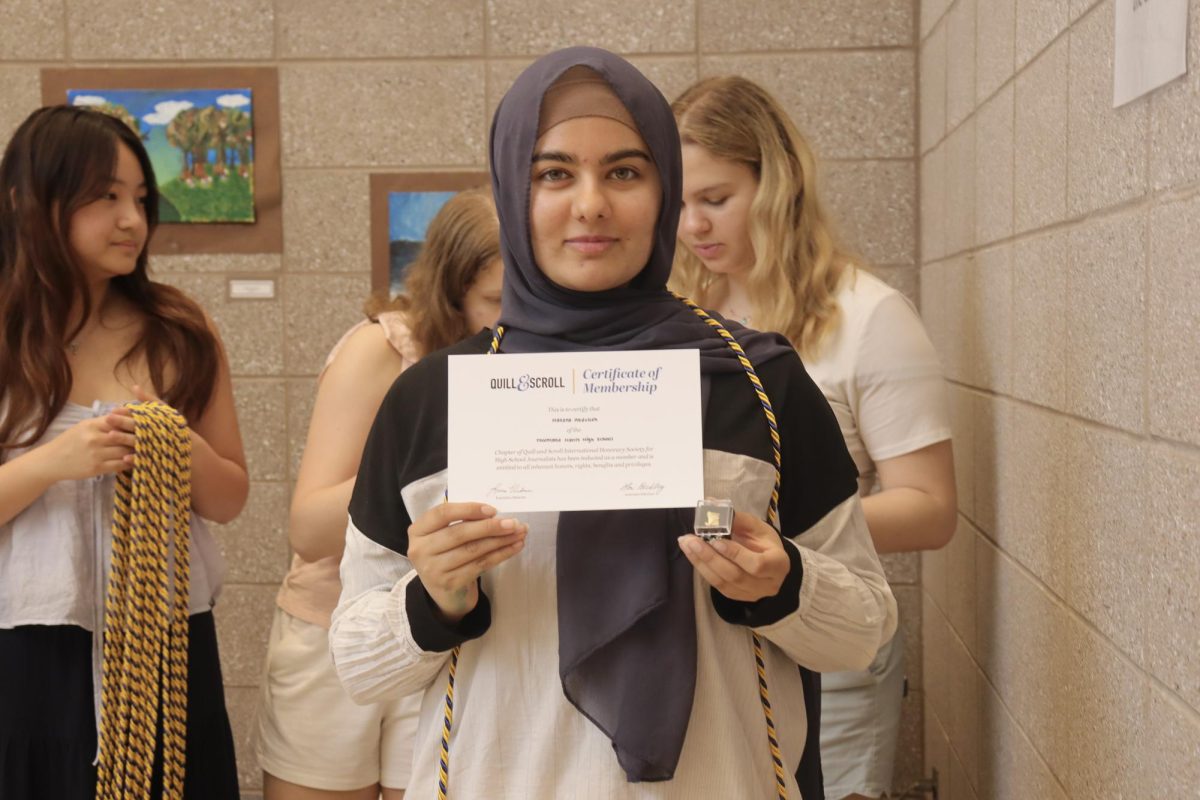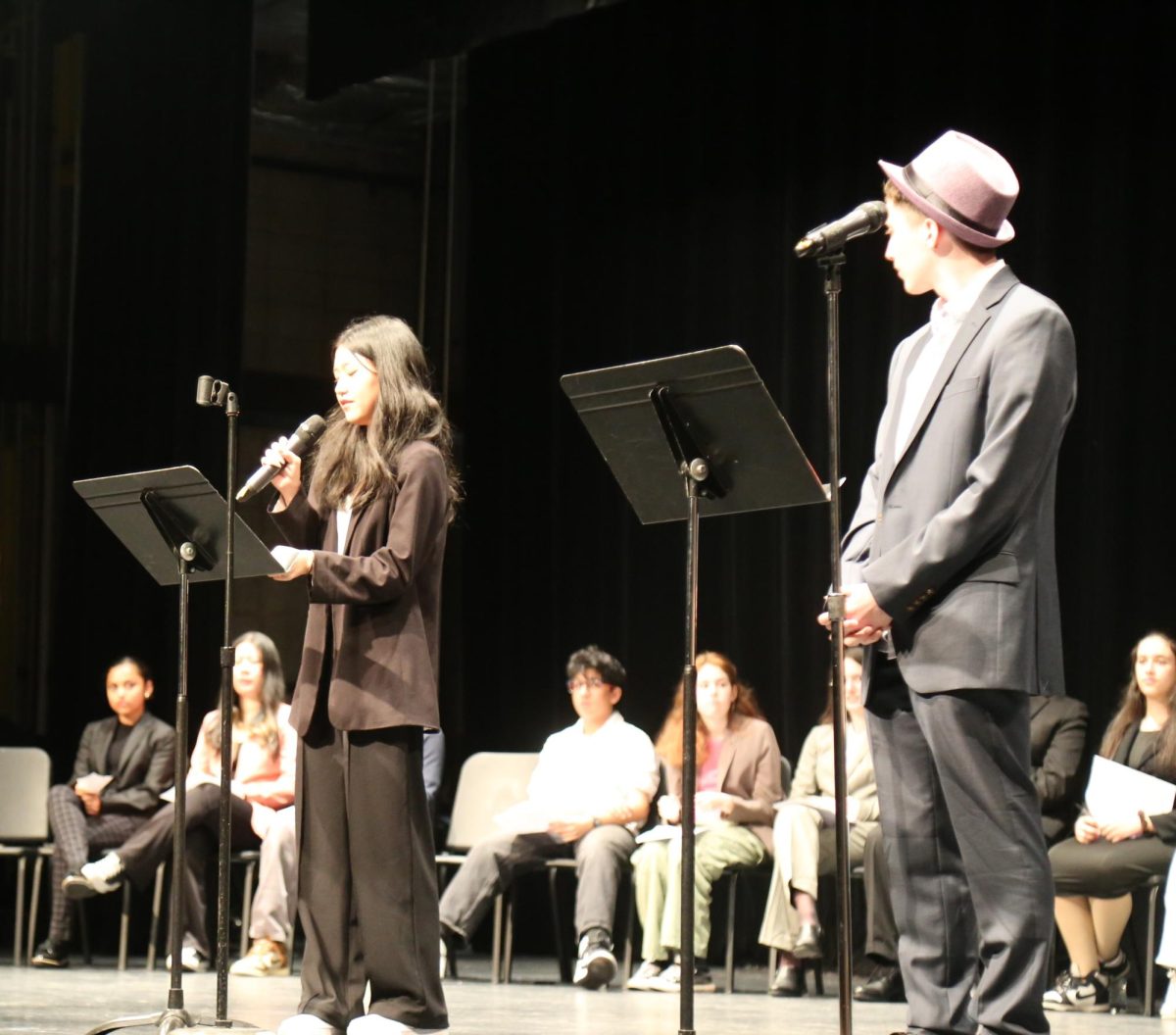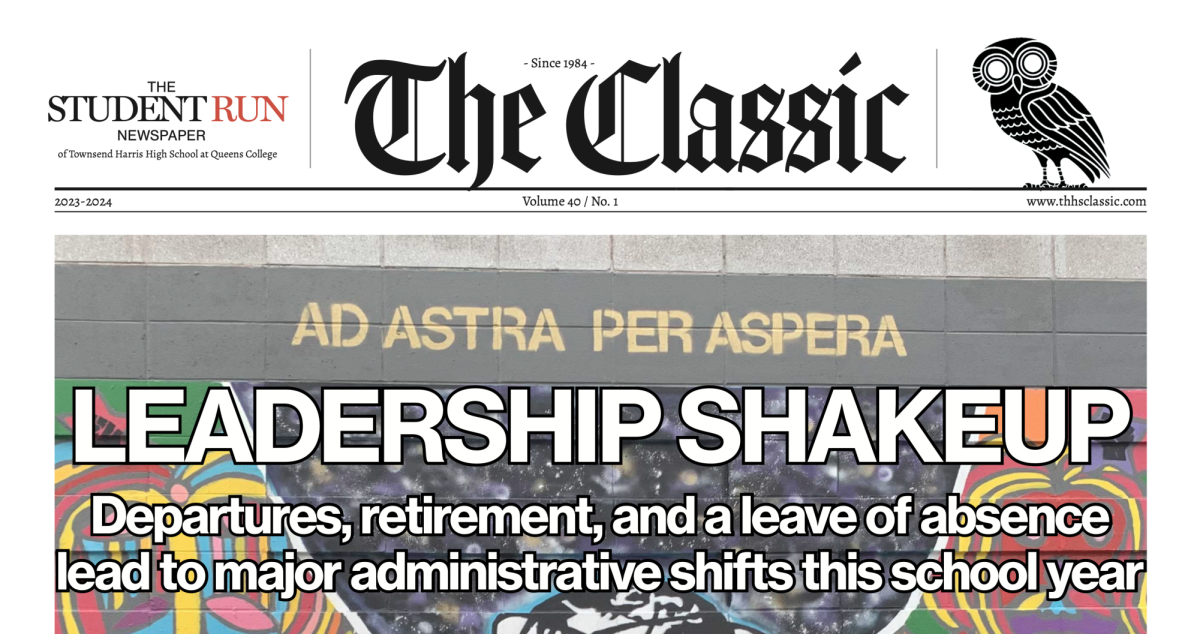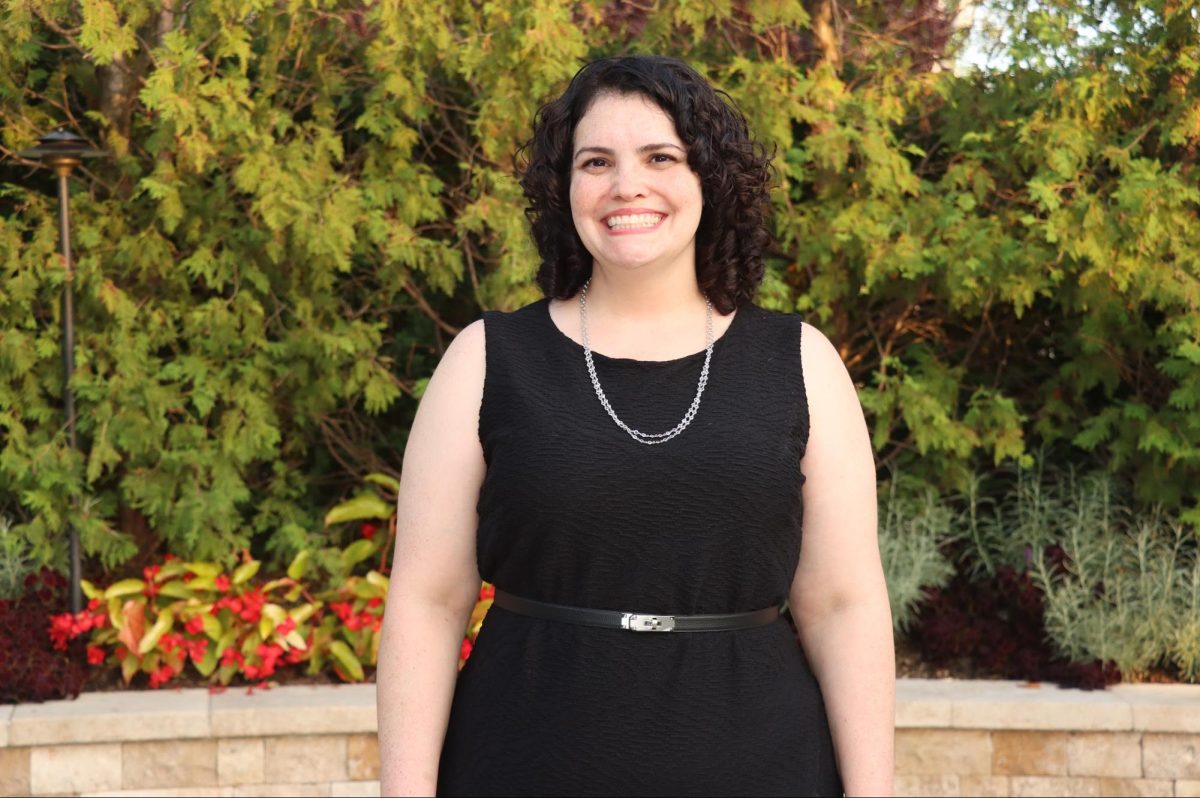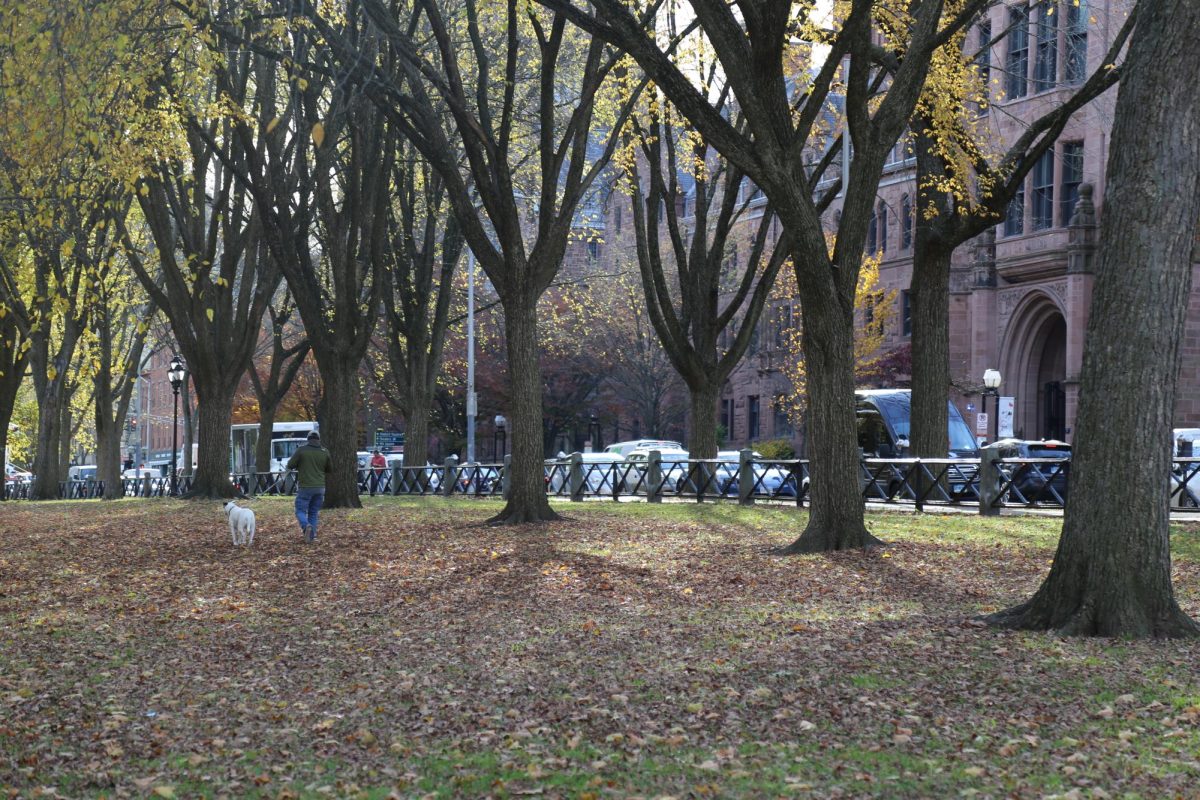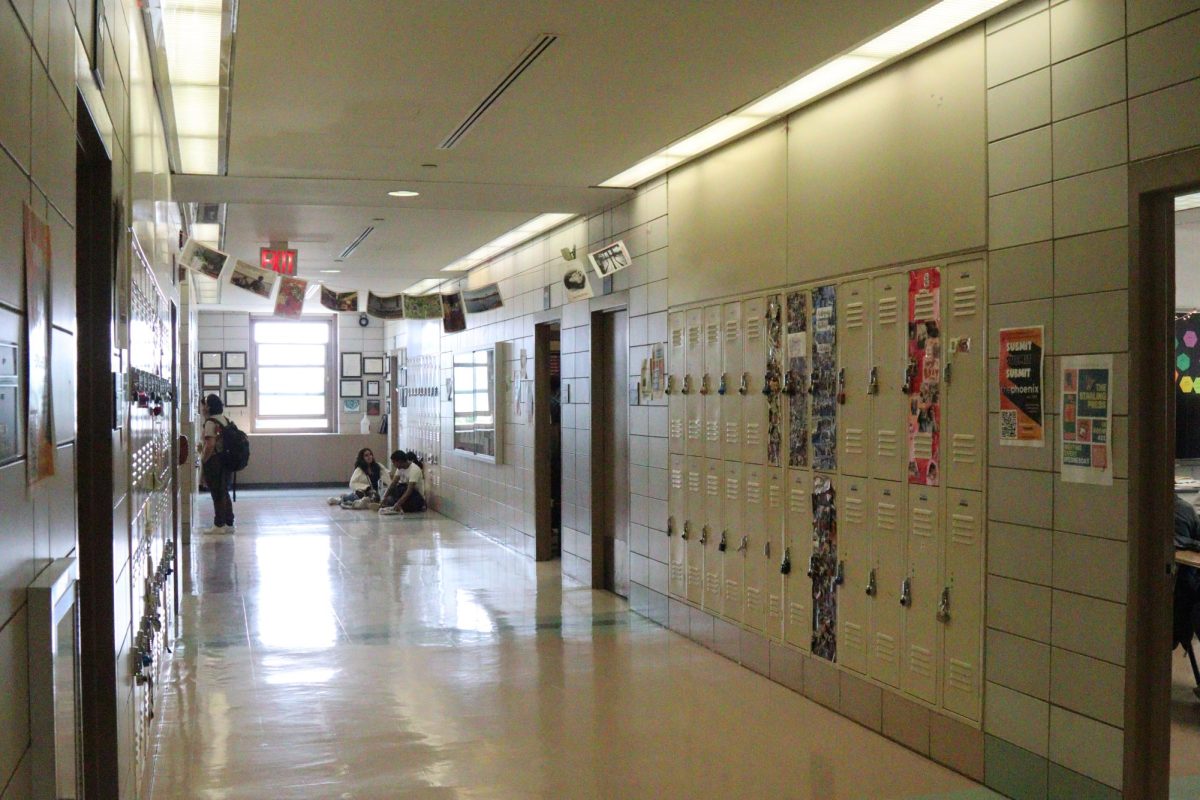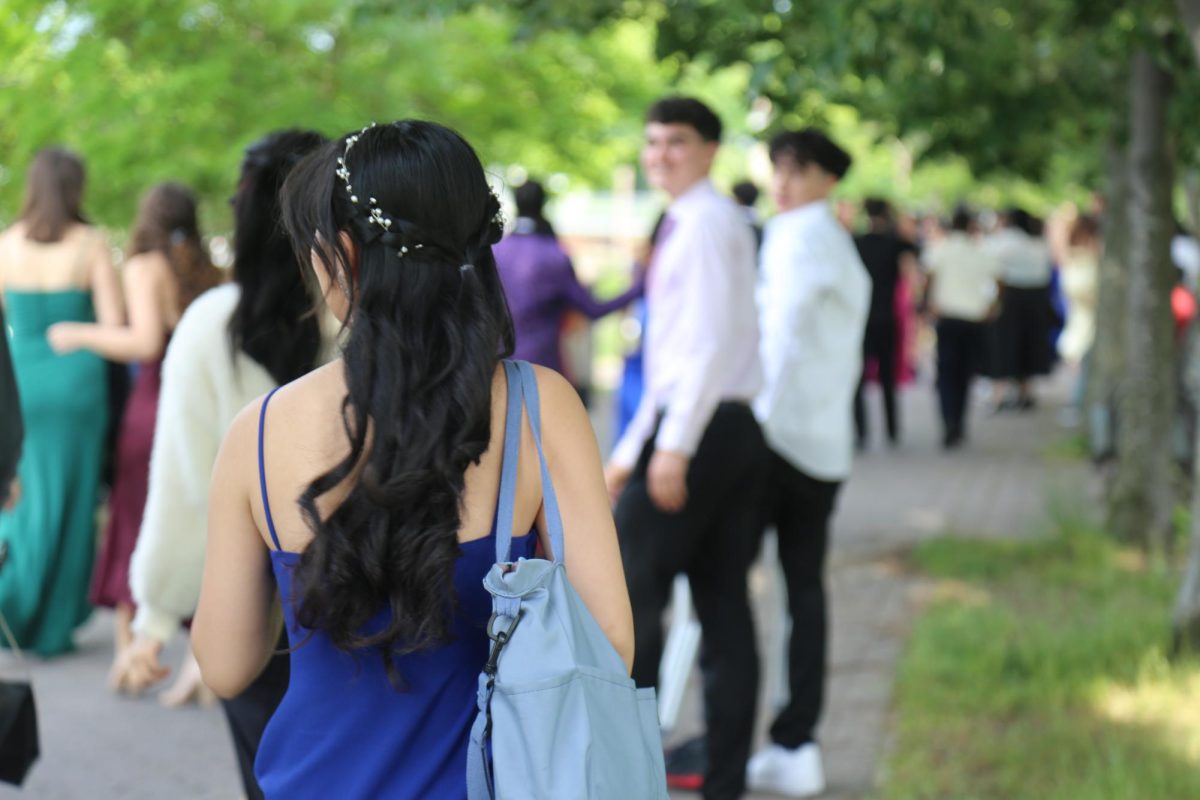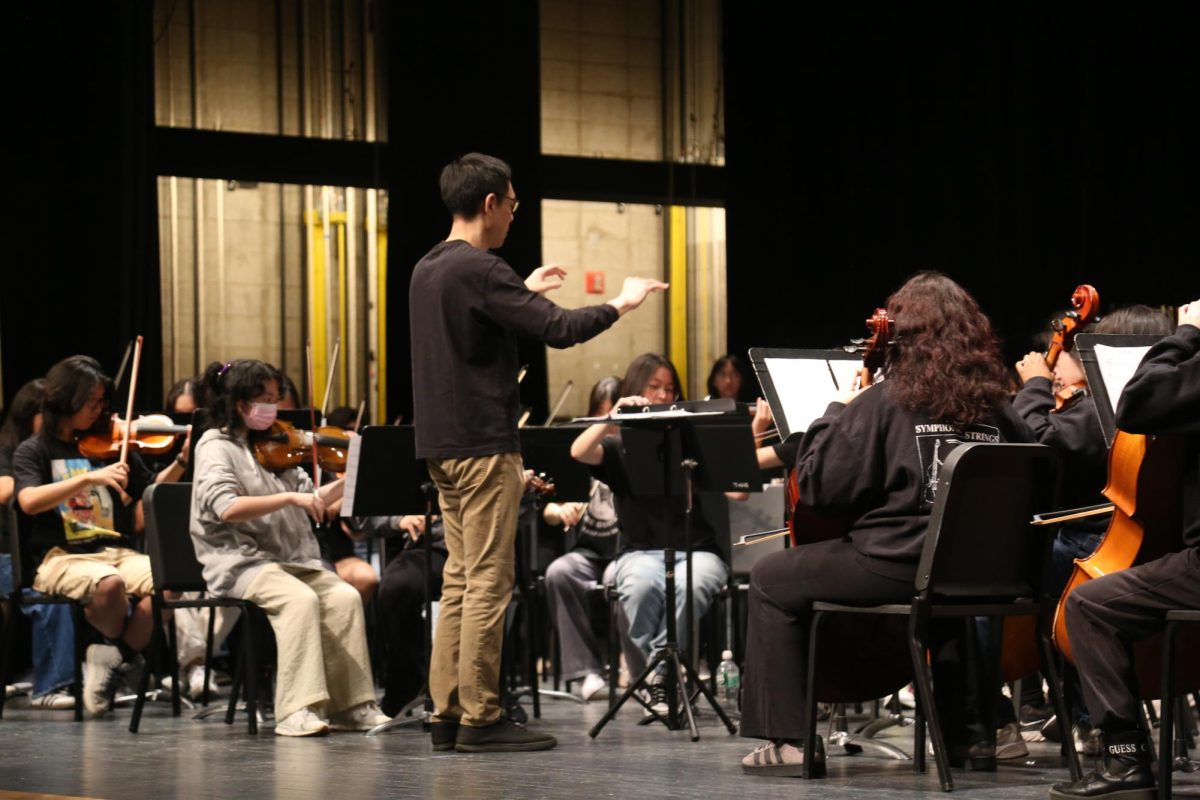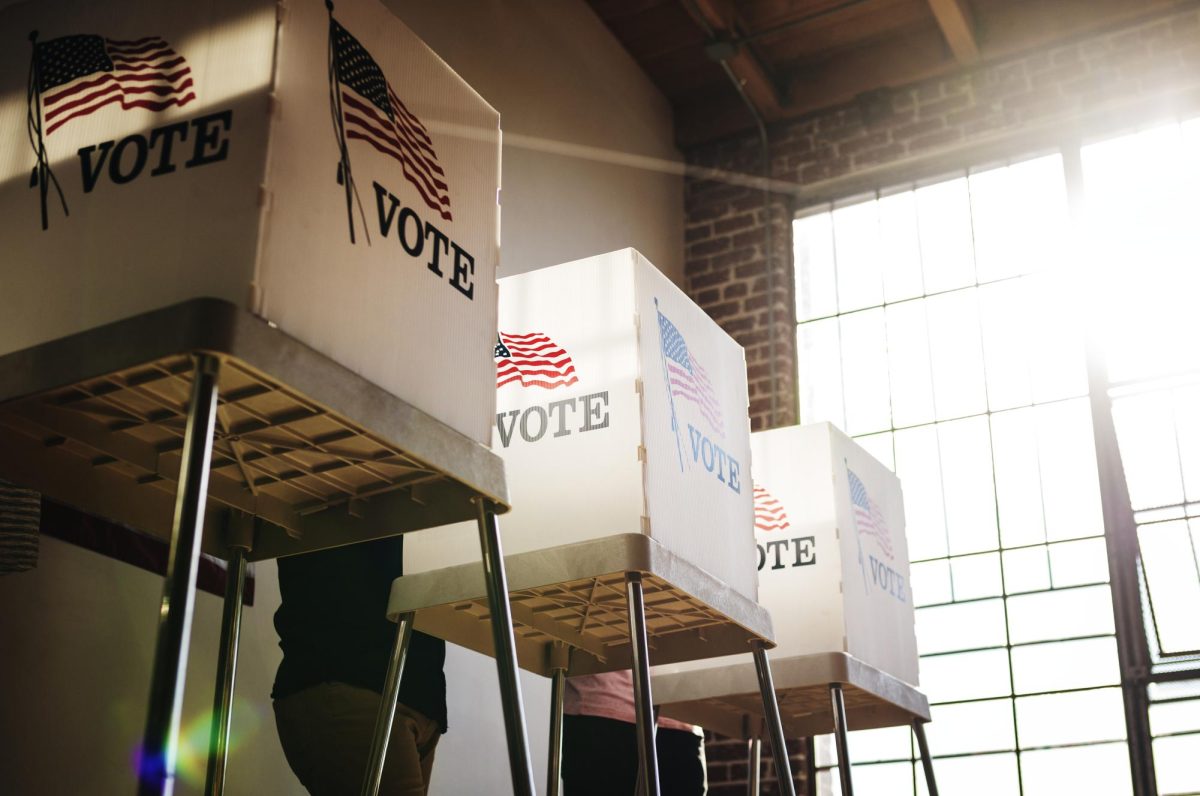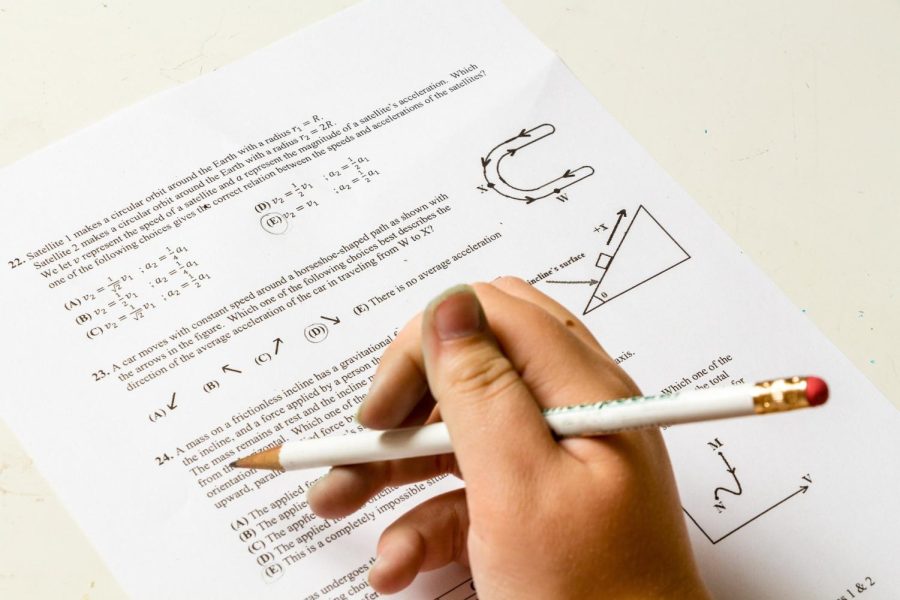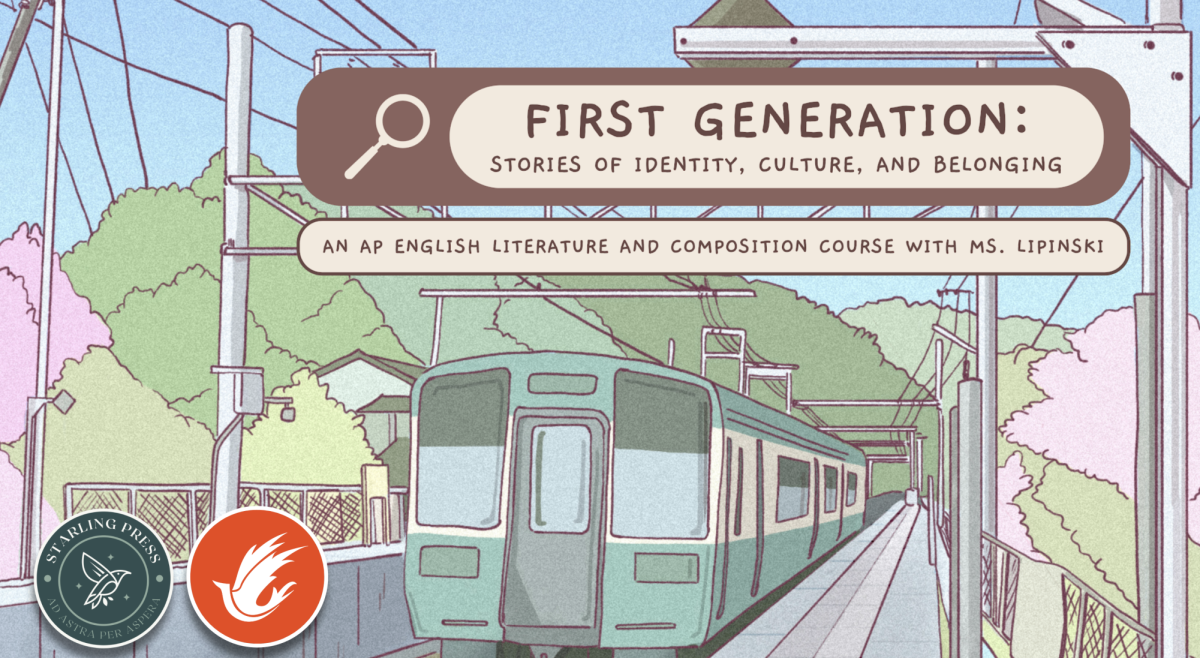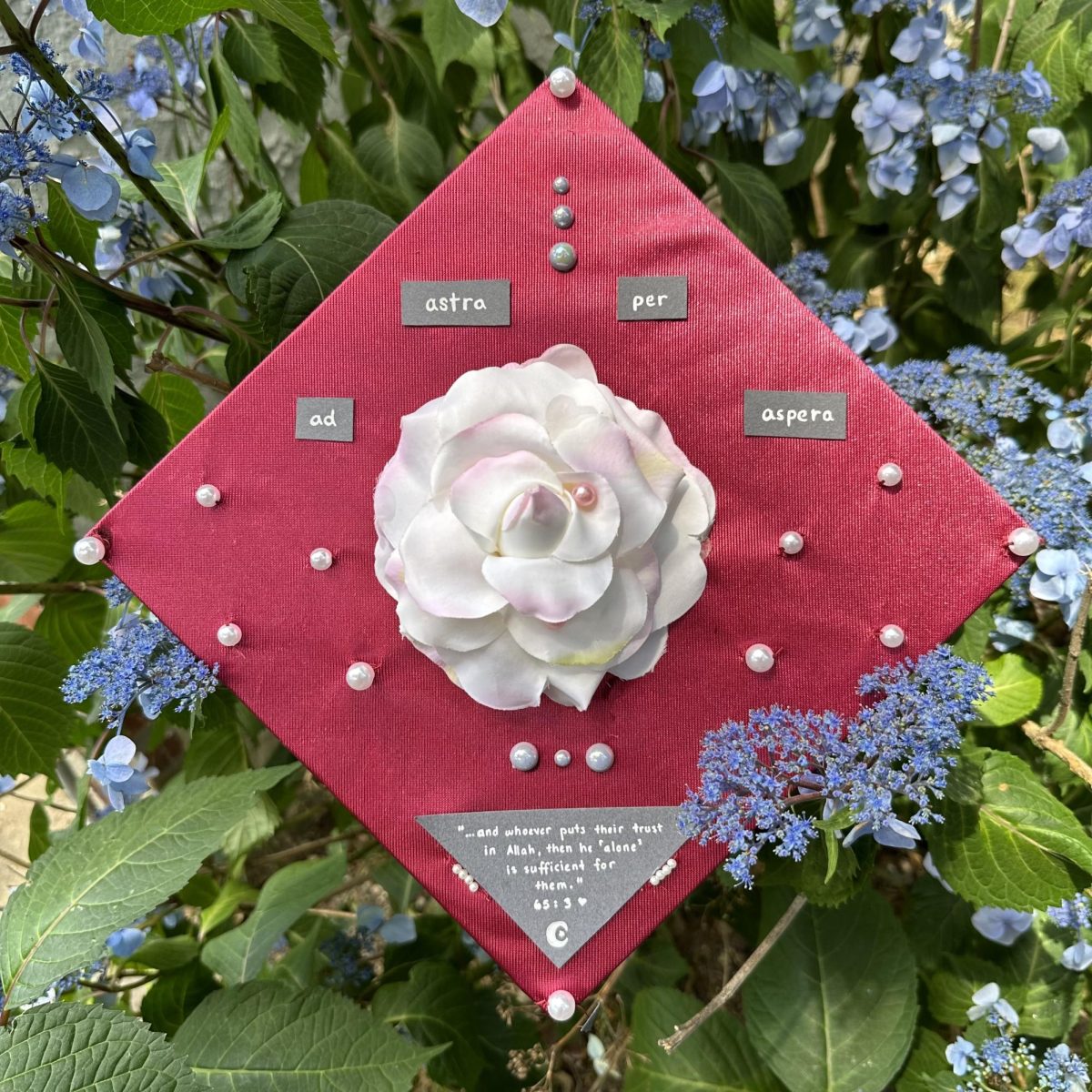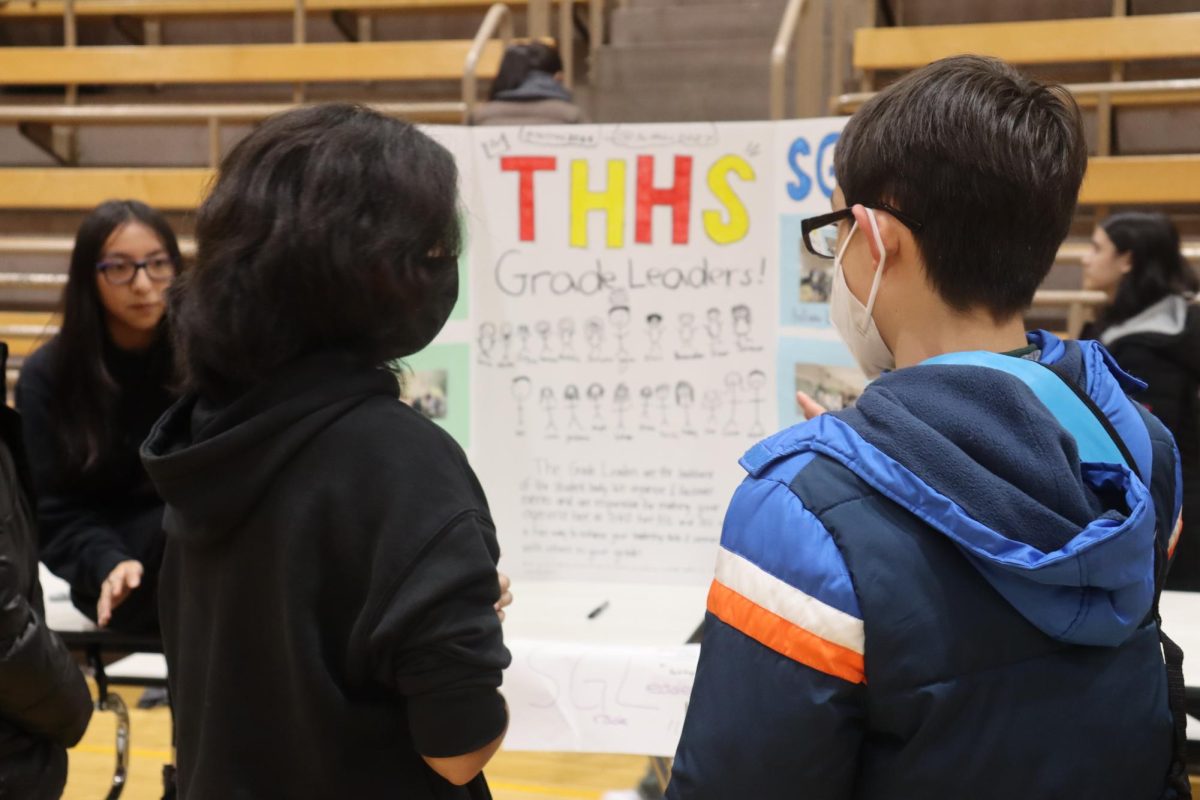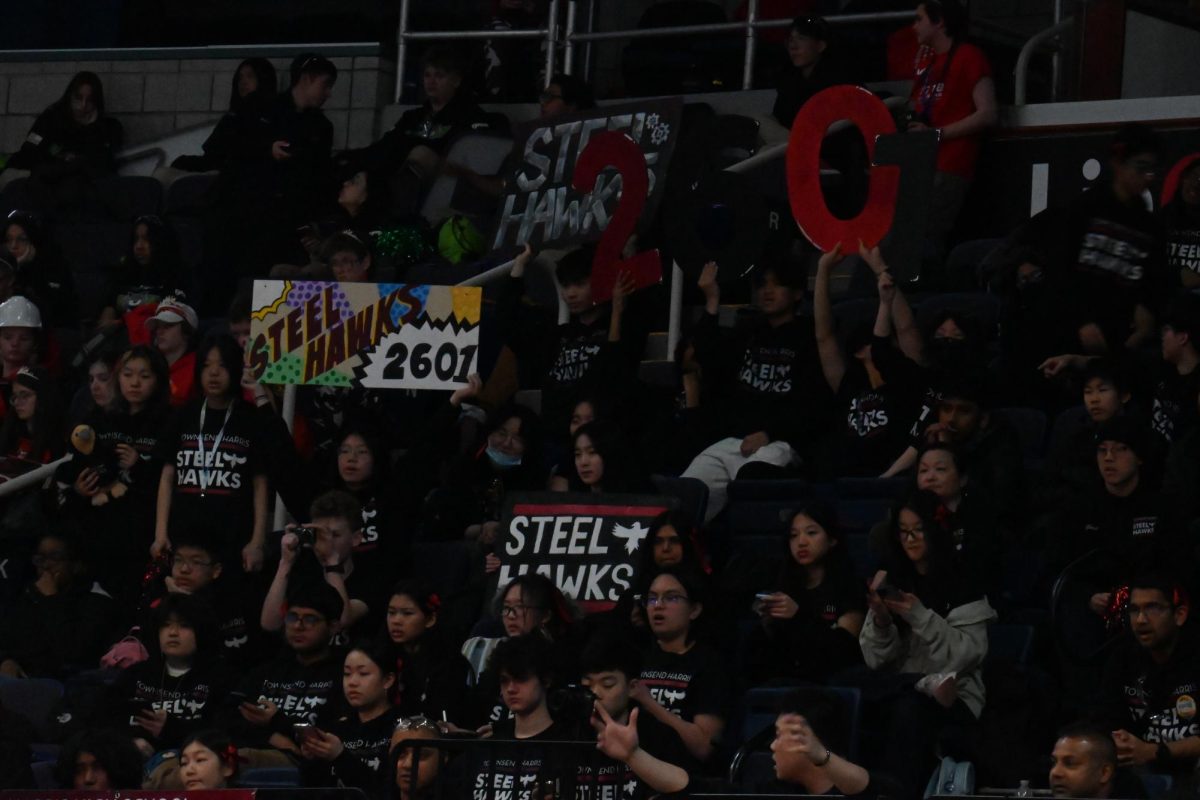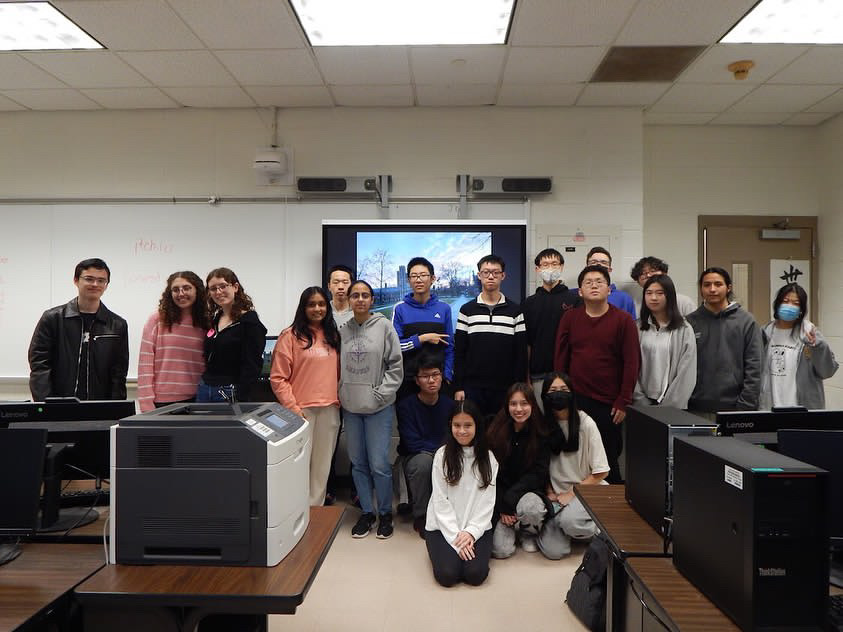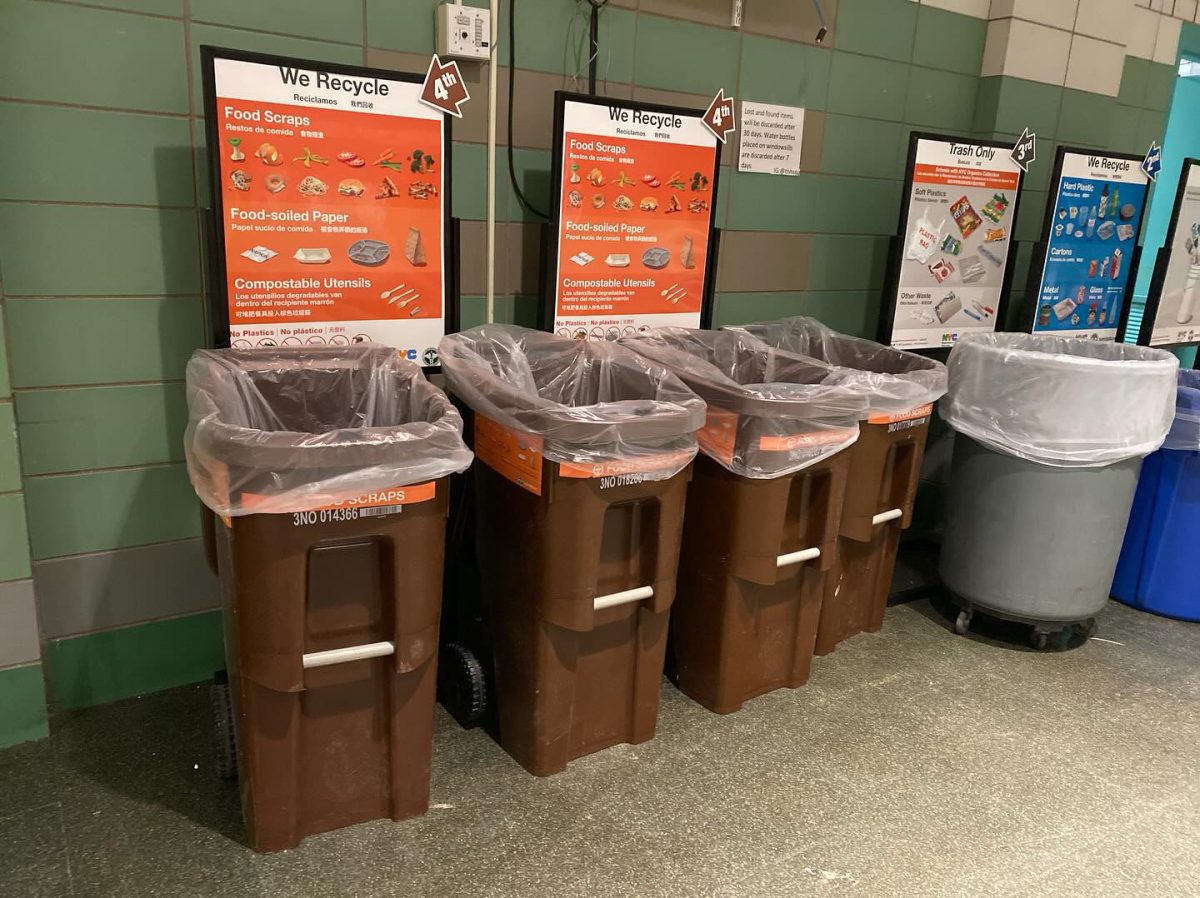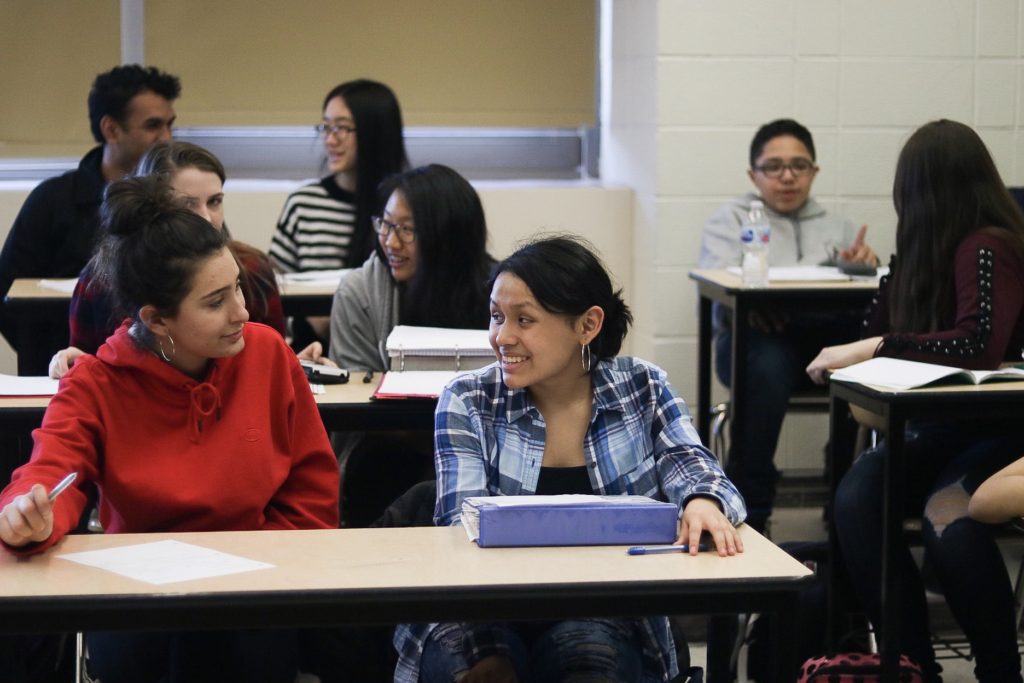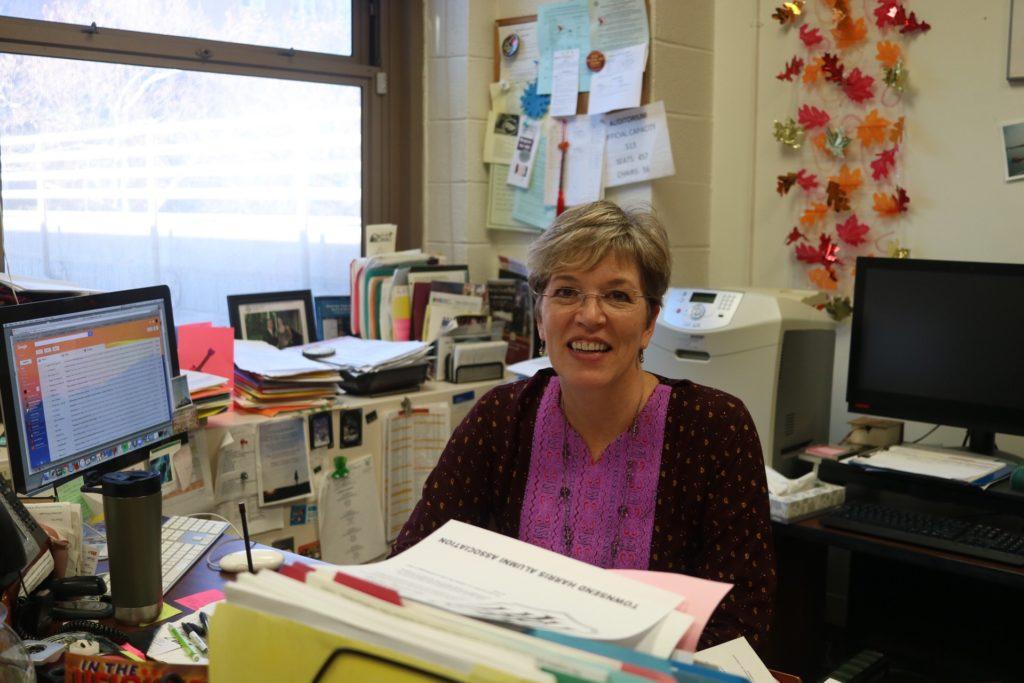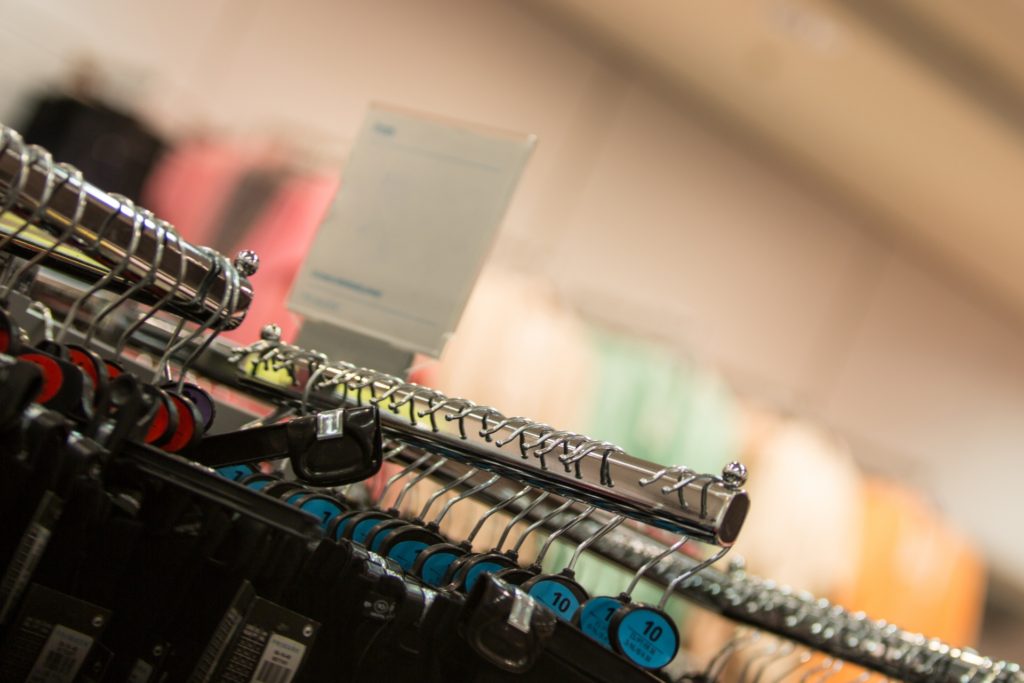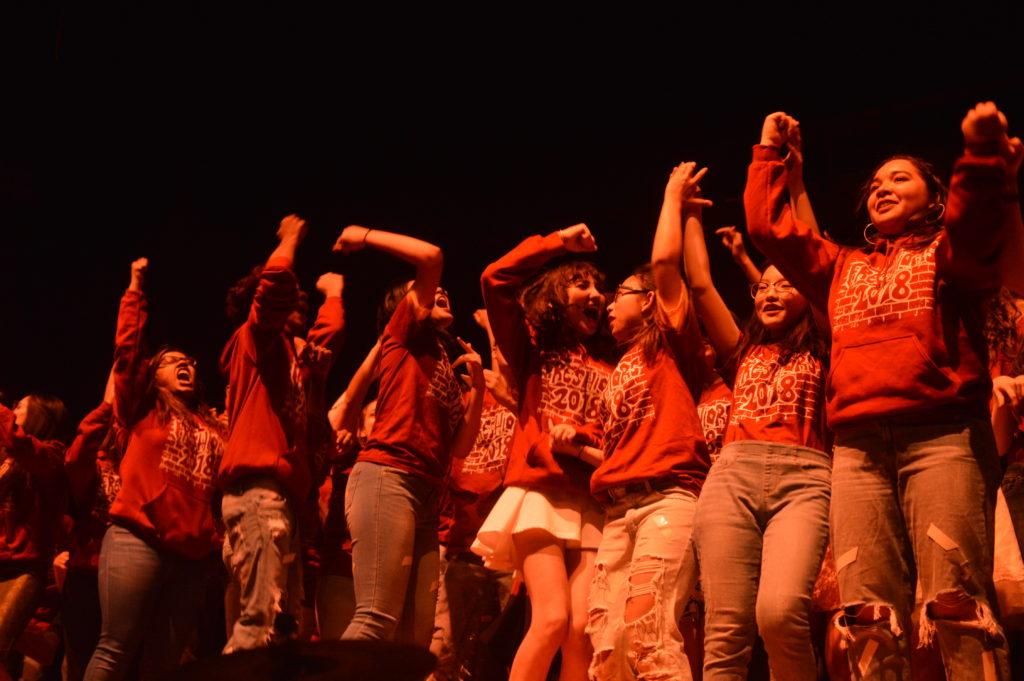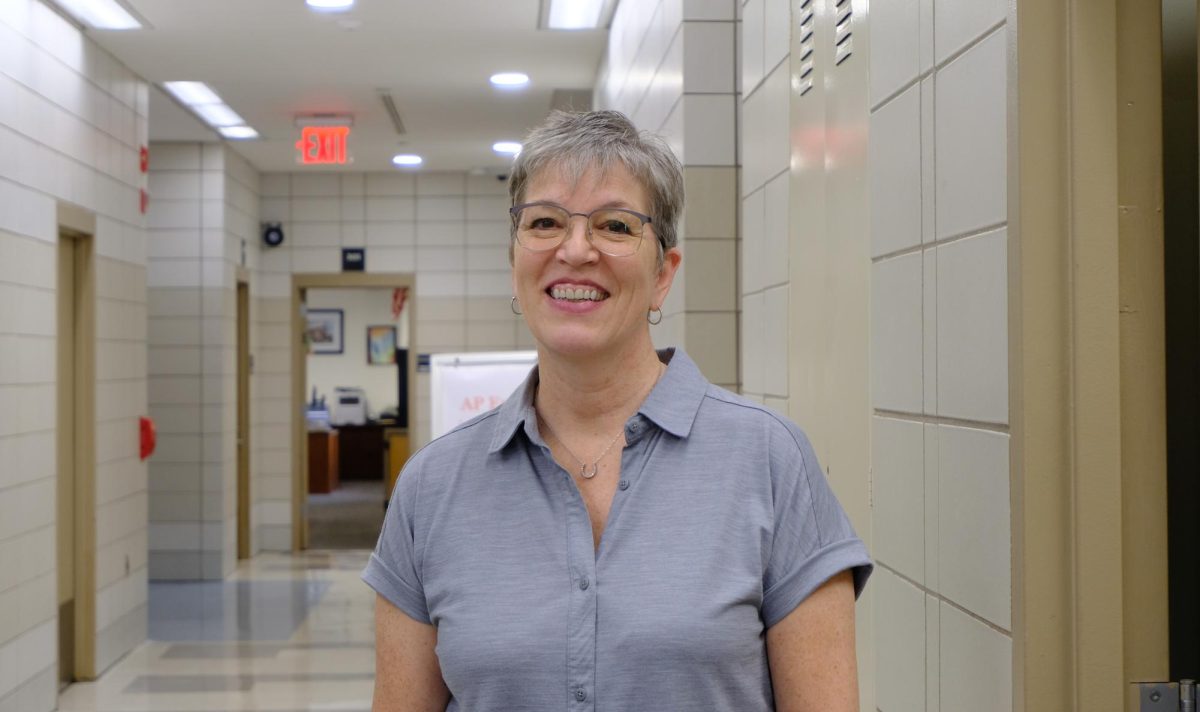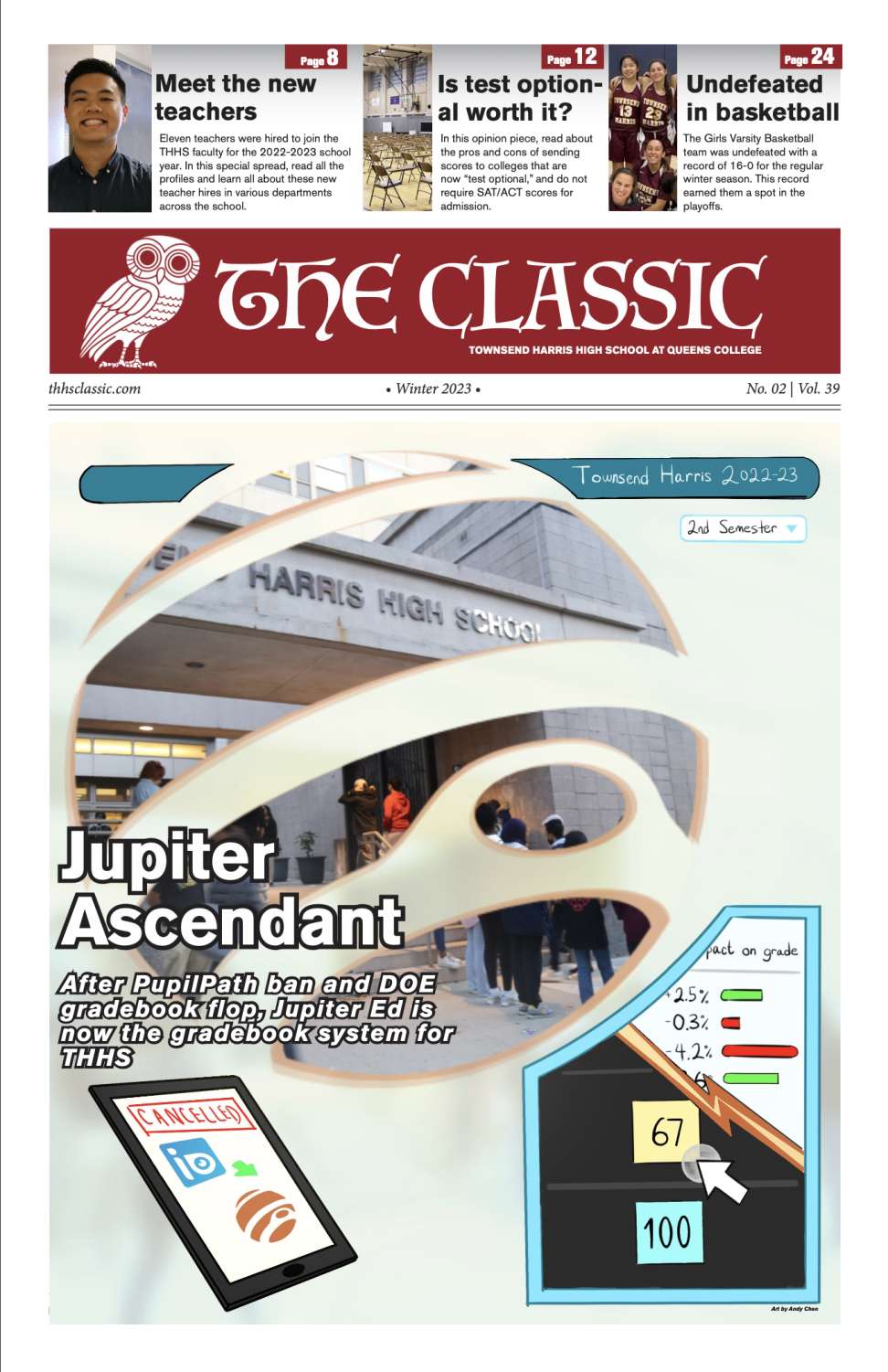
By Danielle Amster, staff writer
Throughout the past few months, the Townsend Harris community has expressed various opinions regarding this year’s addition to classrooms: academic conversations. The new initiative has led to numerous students voicing complaints with how they are being graded, sharing that academic conversations seem to focus more on contribution logs and participation points than on meaningful academic discourse.
In their ideal form, academic conversations aim to elicit student-to-student discussions that provoke higher levels of thinking. Students can engage in these conversations by asking questions, answering them, or participating in small and large group discussions. In the classroom, teachers aim to make students more comfortable speaking and listening to each other by encouraging them to discuss their ideas in groups. Many teachers within the math and science departments keep track of student contributions using spreadsheets where students select the type of contribution they made and submit evidence along with it.
Among many students, completing spreadsheets in these classes has proven itself unpopular. The logs are distributed as a worksheet or Google form, prompting students to record examples for the contributions that they may have made. In science classes, students fill these forms out each week, making sure they include three specific instances of when they contributed to any type of academic conversation. In math classes, some students check off a box each time they participate or fill out a worksheet at the end of the marking period that provides their teacher with certain times at which they voiced their ideas in class.
Some students say they find themselves thinking about logging their contributions while sitting in class, explaining that it takes focus away from the contribution they’re making. Senior Josselyn Navas states, “instead of focusing on the quality of the conversations and the atmosphere of intellectual curiosity they create in the moment, you have to worry about remembering what it is that you said so you can put it down on a form later on. It becomes more about fulfilling a quota and less about letting your intellectual curiosity run free. I’ve always been the type to raise questions when I don’t agree with something being said, but transforming this into something that can be qualified with a [point-system] grade has really disrupted its value.”
Additionally, some think that students are participating simply so their grades do not suffer.
Junior Joseph Zhao states, “I believe the only reason students choose to participate after hearing about [academic conversations] is because they know that if they do not participate, it will negatively impact their grade.”
Teachers have shared their opinions about incorporating academic conversations into class time. Some feel that they may be promising, yet others have noticed minimal visible shifts in the classroom.
“I don’t think it’s really different than the way I’ve run my classes all the years I taught,” Assistant Principal Susan Brustein explains, “the only difference is in labelling some of the things we do.”
Physics teacher Joshua Raghunath added, “for the scope of my class, it hasn’t really changed how it runs because a lot of what we do is discuss how things happen in the real world.” He continued on to say, “I think the push for academic conversations has noble goals in mind. I think it’s designed to help students get more comfortable speaking to one another and voicing their own opinions on a variety of topics. However, we need to adjust how it is implemented into their grade.”
English teacher Robert Babstock explained, “I think the academic conversation described in the book pretty much overlaps with academic conversation that people have had in academic settings for millenia. To have academic conversations mixed in is almost distracting; the whole thing about ‘here’s a mystery, I want you to discuss its esoteric possibilities’ seems to take away from American practicality.”
Principal Brian Condon feels that students will need the speaking and listening skills that they develop in school in their futures. “It’s not okay for a kid to sit in a class here and make no contribution,” he says. “Speaking and listening are the skills that are really going to get you ahead in the work world. It’s something that you have to practice.”
For students who are focused on the number grades attached to academic conversations, Mr. Condon states, “sometimes the point that you get for something is not the most important thing; points on a grade do not equate with learning. I know this is a weird position for people to be in, but if you have that attitude, your scores will be fine. It’s not the final essay that you write; the real learning occurred in the process as you were getting there. Don’t focus on the product, focus on the progress and you’ll go a lot farther in life.”


